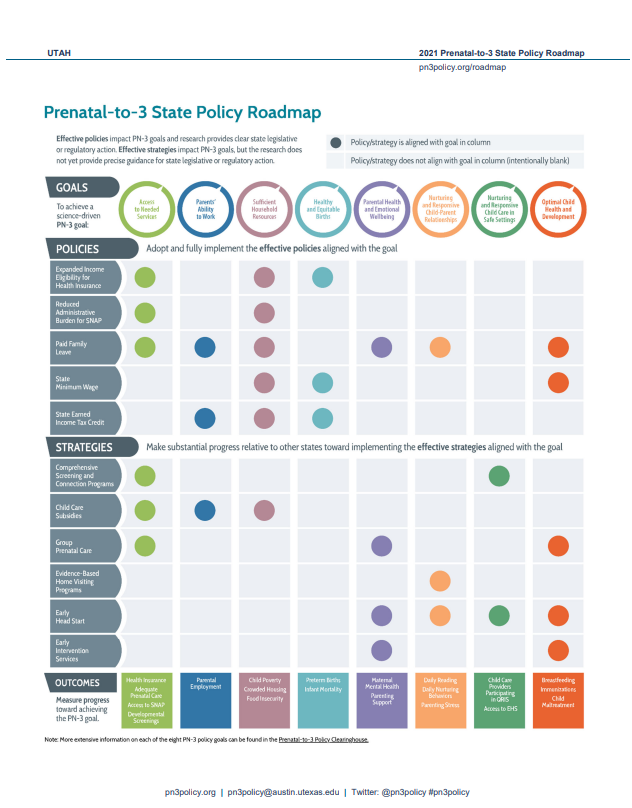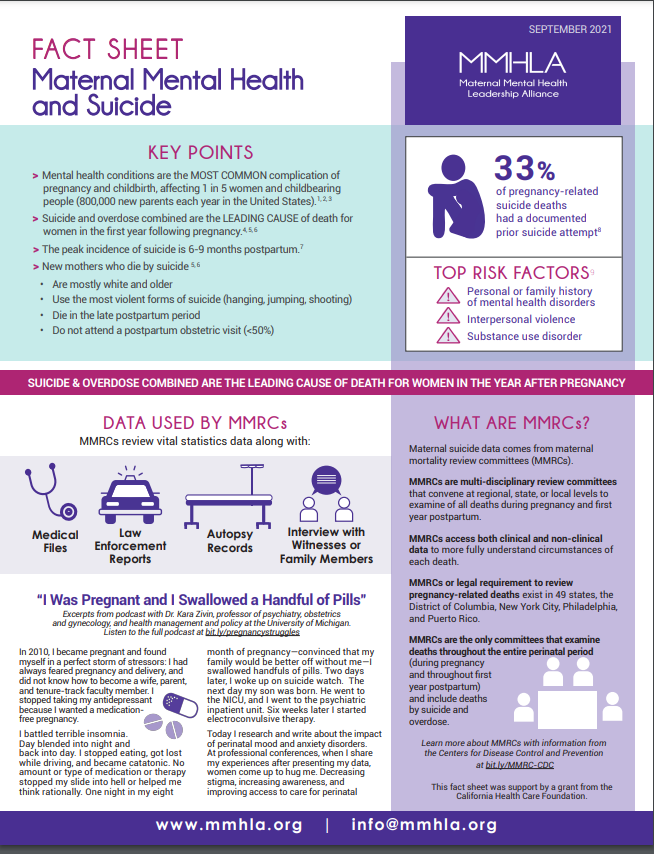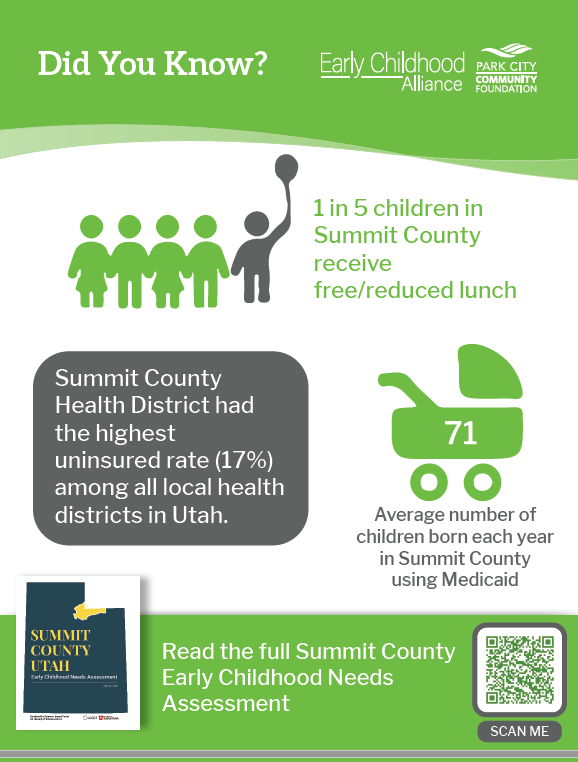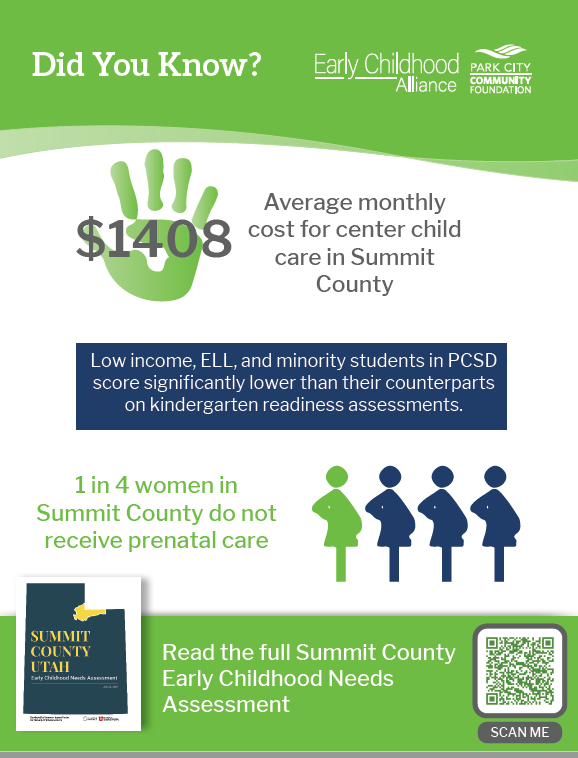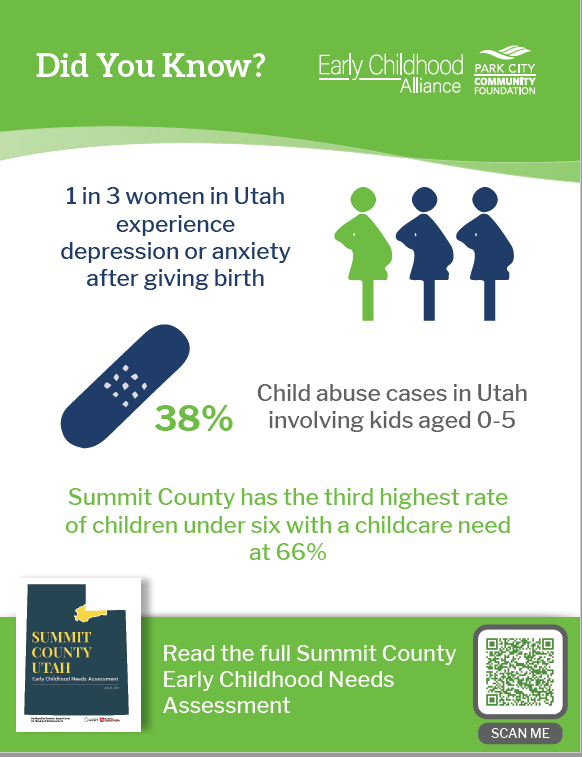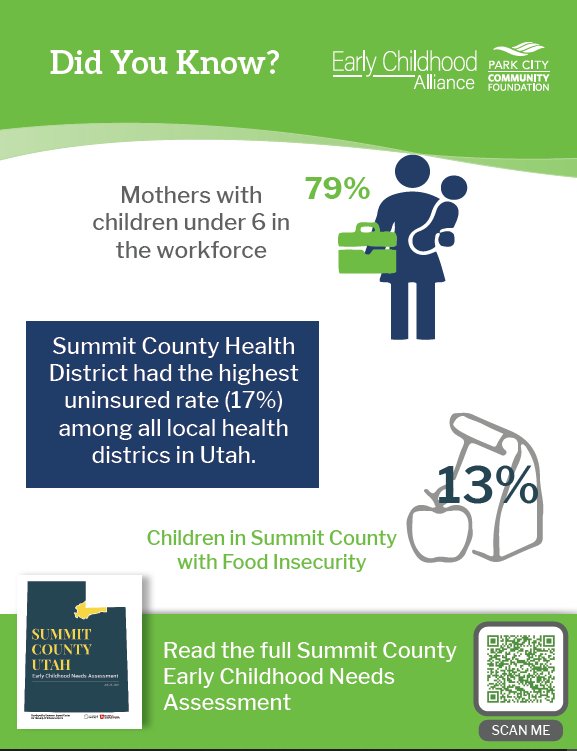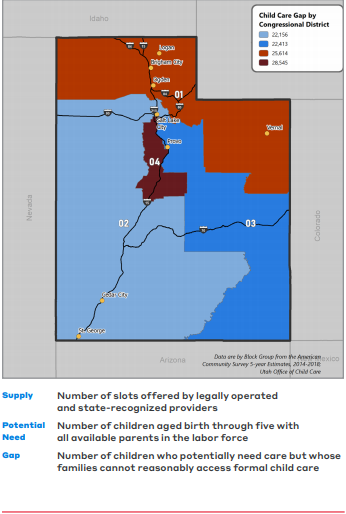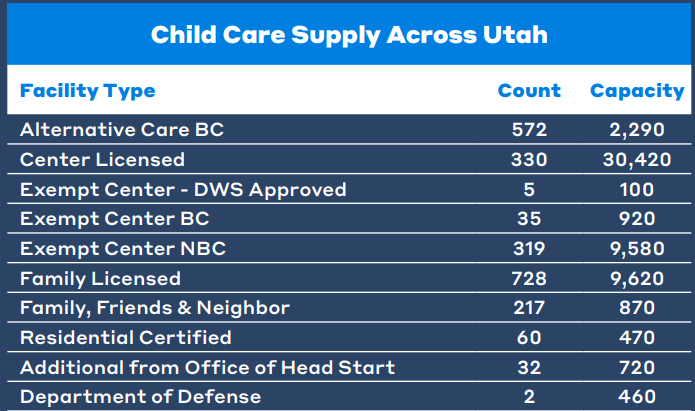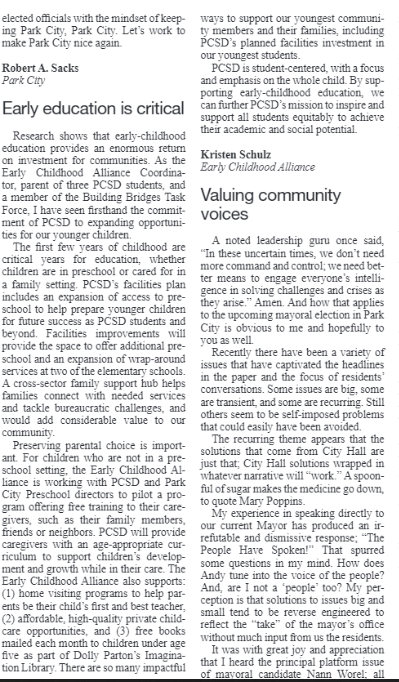As was recently featured in KPCW’s story, Utah has responded to federal guidance instructing them not to check the citizenship status of the parents when qualifying families for the federally-funded child-care subsidies by instead asking noncitizen parents to declare that they are legally permitted to work in the United States. In essence, Utah has replaced one set of procedural barriers with another, but the result is the same-- U.S. citizen children whose parents/guardians are undocumented immigrants will not have access to the federally-funded child-care subsidy in Utah based upon the immigration status of their parents.
The Office of Child Care responded to KPCW’s inquiry by noting that other states also use legal wages as part of their definition of working. OCC listed three other states that include “legal” in their definition of working during its presentation to the Economic Development and Workforce Services Interim Committee meeting on May 18, 2021: Washington, Illinois, and Montana.
Unlike Utah, none of those other states interprets a requirement for legal work to bar access to the child-care subsidy for mixed-status families. The Early Childhood Alliance provided detailed information about how these other three states allow mixed-status families access to the child-care subsidy even though they include “legal” as part of their definition of working in the public comments submitted to OCC on May 24, 2021.
Utah also often claims that it needs to keep the “wages are obtained legally” phrase as part of the definition of “working” to avoid supporting occupations that are illegal, such as selling opioids. But the full phrase at issue already does this by including the limitation “provided federal or state law does not prohibit the occupations:”
“Working is defined as a job or providing a service that pays wages, a salary, or in-kind
benefits. Additional work activities for purposes of eligibility determination may include
employment in the labor market, on-the-job training or being self-employed provided
federal or state law does not prohibit the occupations and wages are obtained legally.”
It is unwise and short-sighted to withhold child-care subsidies from some of our most vulnerable and youngest Utah citizens as part of immigration policy or as any type of mechanism to punish parents. Utah should remove all barriers to access to these child-care subsidies.




